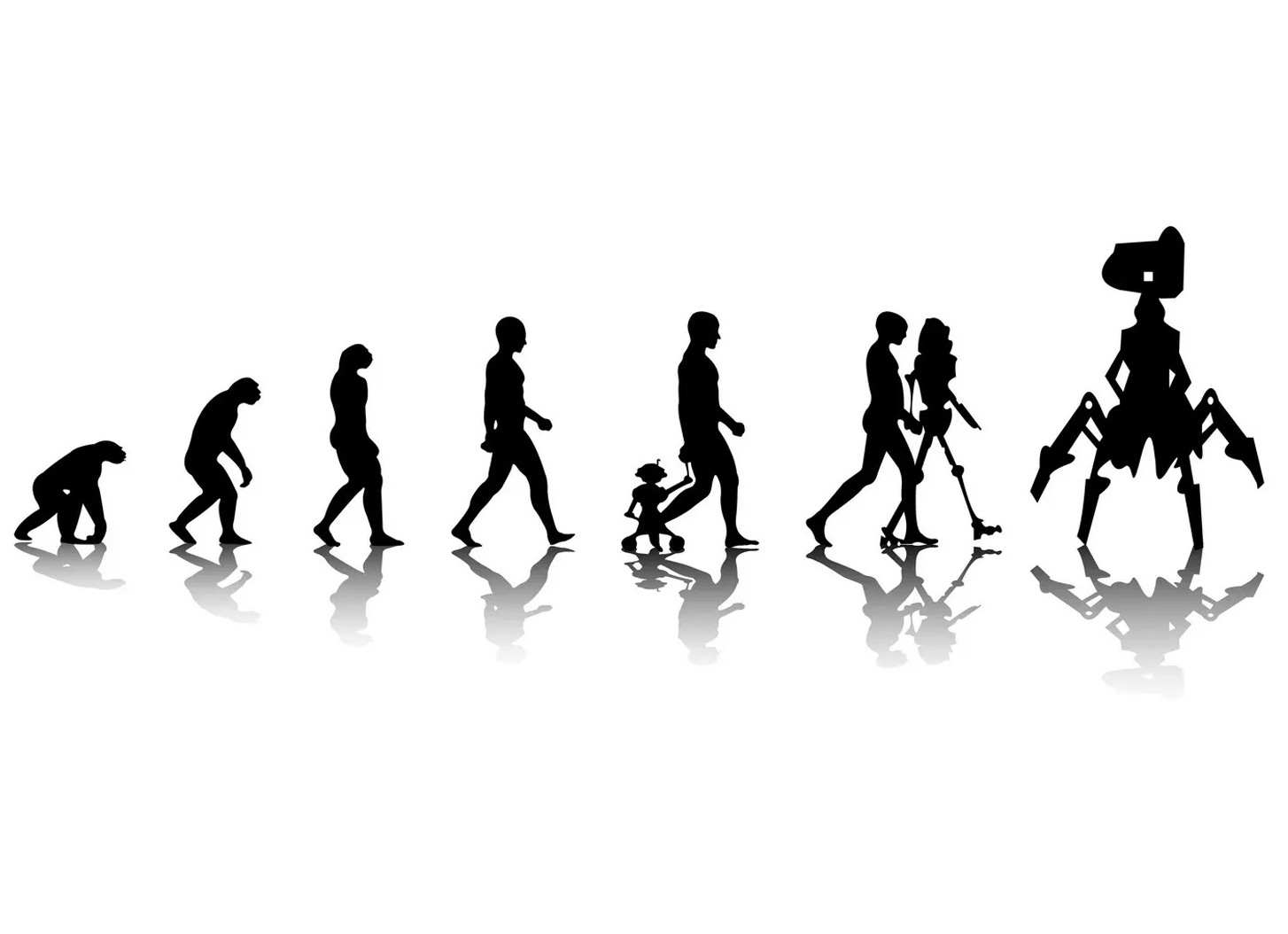From Blood and Bone to Pixels and Propaganda
For the vast majority of human existence, our species relied primarily on direct empirical experience—observations through the senses of sight, hearing, touch, smell, and taste—to understand and navigate the world. This was supplemented by oral transmission of knowledge: stories from family, community elders, or occasional travelers, often tinged with uncertainty due to exaggeration, misremembering, or bias in second-hand accounts. Without systematic recording or widespread dissemination, people’s worldview remained narrowly confined to their immediate environment, local events, and accumulated personal or communal anecdotes. This mode of knowledge fostered a deep connection to the tangible but left the broader world shrouded in mystery, speculation, or fear of the unknown.



